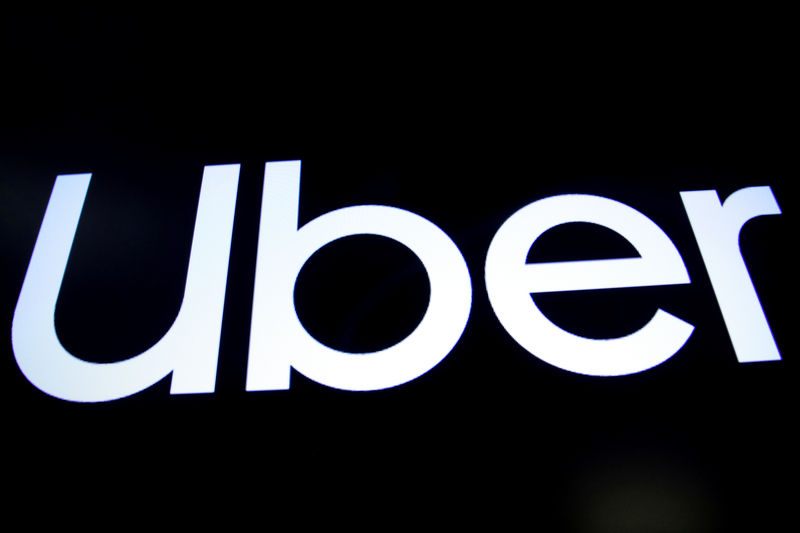By Tanvi Mehta
(Reuters) - Lyft Inc's (O:LYFT) hints that its cut-throat rivalry with U.S. ride-hailing rival Uber Inc (N:UBER) is easing may prove bad news for customers but it sent shares in both companies sharply higher on Thursday.
With Uber set to report after Wall Street closes, analysts were excited by Lyft's 72% rise in second-quarter revenue and its assertion higher spend per rider - read higher prices - would pull both third quarter and full-year sales above market expectations.
Finance chief Brian Roberts said 2018 was likely the peak of losses for Lyft and said pricing had become "more rational", meaning the company should spend less on the constant promotions and incentives it and Uber have used to win market share.
At least nine brokerages raised their price targets on Lyft stock in response, with Credit Suisse (SIX:CSGN) the most bullish with a price target of $96.
Shares of Lyft jumped 8% to $64.99 in trading before the bell, while those of Uber rose 4.2% at $41.35 as traders bet its results would produce a similar message.
"While Lyft continues to spend aggressively on various initiatives, competitive pressure on rider incentives for core ride-sharing continues to ease, which is a sign of a rational duopoly between Lyft and Uber for the moment," PiperJaffray analysts said.
"We believe Lyft will be both a catalyst and beneficiary of the growth of ride-sharing and autonomous tech over the next 10+ years."
Lyft and larger rival Uber, both loss-making, have historically given deep discounts to attract riders, and Wall Street's concern over the associated costs has driven shares in both lower since their stock market launches earlier this year.
Canaccord analysts said Lyft's 22% expansion in revenue per rider in the quarter seemed to be driven much more by it reducing the incentives it gives to customers than any increase in numbers of riders.
With the companies having faced protests in several U.S. cities against efforts to lower driver costs, pushing ride prices higher has become vital for their efforts to gain investors' faith in their long-term prospects.

"Lyft is starting to prove (it has a) path to profitability, which was the main reason for investor pushback during the initial public offering," RBC analysts wrote in a client note. "The read-through to Uber is likely to be positive."